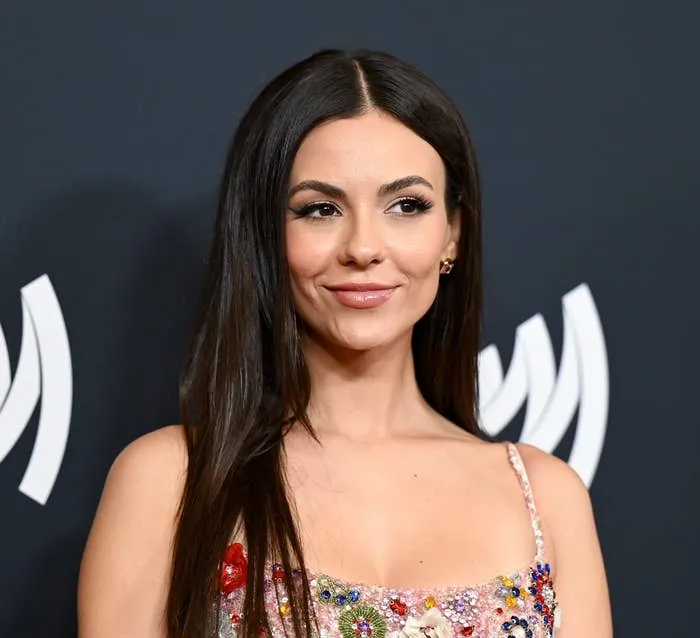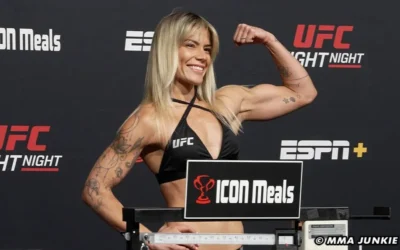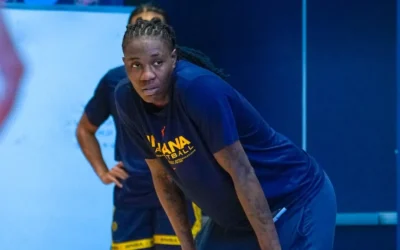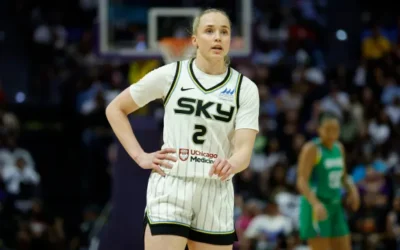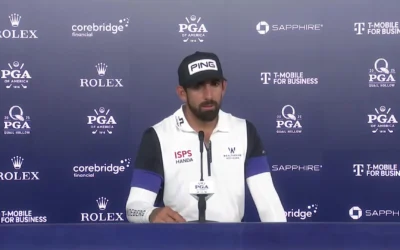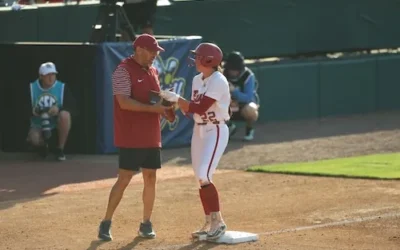In a recent interview, actress and singer Victoria Justice took a moment to address a significant moment from her past that continues to resonate within pop culture. The moment in question centers around her infamous comment during a 2010 interview, where she expressed, “I think we ALL sing,” in connection with the ongoing debate about whether she or Ariana Grande was more prominent in their shared musical endeavors on the Nickelodeon show, “Victorious.” This remark has surfaced periodically on social media, morphing into various memes and taking on a life of its own, reflecting the tumultuous relationship between fanbases and the pressures faced by young stars. In her latest remarks, Justice not only doubles down on the sentiment behind her words but also bravely addresses the severe backlash she received at the time.
As many fans may recall, the comment came at a time when Grande’s ascendancy in the music industry was beginning to outshine her co-stars. Justice, who had long been recognized as the lead of “Victorious,” found herself embroiled in a battle of perceptions, highlighted by passionate fan divisions. What was once a lighthearted comment quickly spiraled into something much darker.
After the comment went viral, Justice faced an onslaught of criticism and backlash, culminating in a series of threats that shocked not just her but the industry as well. “I was really taken aback by the level of vitriol directed towards me,” Justice recounted during her recent appearance on a popular podcast. “I don’t think anyone expects to receive death threats over a comment made in jest. It was a crazy time, and it taught me a lot about the nature of fame and the power of the fan community.”
The divide between the fanbases of Justice and Grande contributed to the intensity of the backlash. The “Justice vs. Grande” debate became emblematic of a broader trend in fandoms where creators and stars often find themselves in precarious positions based on their perceived rivalries or friendships. Social media platforms, particularly Twitter and Instagram, amplified this situation, with users crafting memes and posts promoting the idea that only one star deserved the spotlight.
The Evolution of the Meme Culture
The proverbial “I think we ALL sing” meme has morphed significantly since its inception, appearing in countless formats that highlight its absurdity and relatability. It became a rallying cry for many, showcasing the community’s penchant for humor, even when associated with rather serious topics such as celebrity treatment and mental health issues among young stars. Justice has not shied away from this aspect of her notoriety; in fact, she embraces it. “I appreciate the humor in it all now, but at the time, it was overwhelming,” she explained. “Memes can be a double-edged sword, and it’s interesting to see how they evolve.”
Despite the adverse experiences surrounding her meme, Justice has worked hard to pivot the narrative and move forward with her career. Today, she remains a significant figure in the entertainment industry, balancing acting roles and music while also using her platform to discuss more profound issues, including the impact of social media on mental health and personal well-being.
The Impact of Social Media on Young Stars
The pressure faced by young celebrities like Justice and Grande places them under a microscope that can be both enlightening and devastating. Justice shared her insights about the culture of constant scrutiny. “The internet is a powerful tool, but it can also be really damaging. As artists, we’re constantly trying to express ourselves, but even the smallest comment can snowball into a major incident,” she expressed.
This sentiment is echoed throughout the industry, where many young artists struggle to navigate personal identity against public perception. The toxic nature of the comment sections, which often harbor an environment ripe for bullying, makes it even harder for stars to manage their public personas. Justice’s experience has arguably turned her into an advocate for mental health awareness among young stars, recognizing the importance of supporting one another in an industry dictated by competition and comparison.
Reforming Relationships in the Industry
As Justice reflected on her past, she also discussed the possibility of reconciling her relationship with former co-star Grande. Even after the public fallout, the idea of mending fences is on many fans’ minds. “I believe that it’s important for us to rise above competition and support one another,” she remarked. “What we had on ‘Victorious’ was special, and it would be amazing to show that we are stronger together rather than apart.”
Justice’s call for solidarity among artists and her desire to move on highlights a deeper conversation about the way young stars are pitted against one another and the consequences that come with it. As she reiterated, “The way audiences want to compare us can create an unhealthy dynamic that benefits no one. I think it’s vital for us to uplift each other.”
Closing Thoughts
Victoria Justice’s evolution from rising star to a voice on mental health awareness underscores her resilience and commitment to supporting her fellow artists. Her recent re-engagement with the “I think we ALL sing” comment showcases a crucial turning point for her—one that many other young stars can learn from. As society grapples with how to treat its public figures more compassionately, it becomes increasingly essential for fans and celebrities alike to foster understanding and kindness within these dynamics.
The dust may have settled from the well-remembered past moment, but its implications continue to affect contemporary views on mental health, competition, and celebrity culture overall. Victoria Justice’s journey through this narrative is a reminder of the human side behind the headlines, and her reinforcement of the camaraderie over rivalry serves as a vital lesson for both herself and the fans that once pitted her against a fellow artist. As she moves into the next chapter of her career, Justice is poised not only to share her talents but also to promote a healthier way to engage with the entertainment industry—one where artists can thrive together instead of being torn apart.

